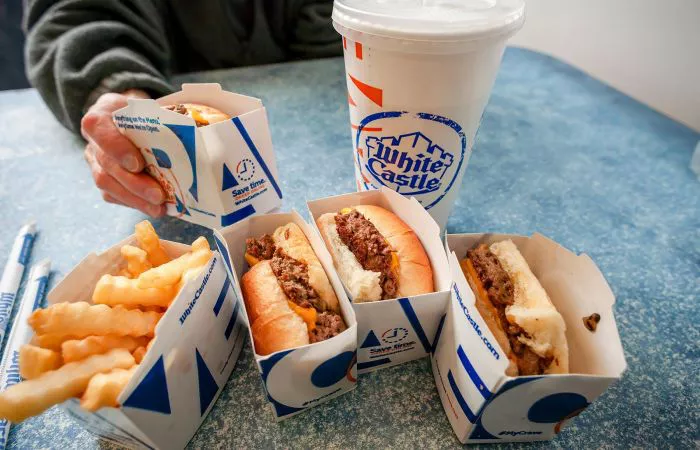California recently raised the minimum wage for fast food workers to $20 an hour, marking a significant increase from the state’s previous rate of $16. Additionally, a pioneering fast food council has been established to facilitate dialogue between workers, employers, and the state government to establish industry standards.
Despite these positive steps, many headlines have forecasted doom and gloom, predicting widespread layoffs and steep price hikes for burgers and other fast food staples. However, such predictions fail to acknowledge the significant power that fast food restaurants wield in setting wages and employment levels, often below what economic theory would suggest.
Research into the actual effects of minimum wage increases consistently shows that they lead to higher pay for low-wage workers without resulting in significant job losses. Our recent study focused on the impact of minimum wage hikes in California and New York, where the rate nearly doubled to $15 over seven and a half years. Contrary to fears, fast food employment in these areas remained stable, with some regions even seeing increases in hiring during periods of low unemployment.
Claims of recent layoffs at Pizza Hut attributed to the wage hike overlook the broader context. Pizza Hut had already begun collaborating with delivery services like Uber Eats and DoorDash in 2022 due to difficulties in hiring sufficient delivery drivers, not simply as a cost-saving measure. Other major pizza chains have followed suit, recognizing the benefits of partnering with gig delivery platforms.
The absence of negative employment effects following wage increases underscores the importance of addressing power imbalances in the labor market. When employers hold too much sway, they tend to underpay workers, leading to high turnover rates and difficulty in maintaining staffing levels. By advocating for higher wages, fast food and low-wage workers have shifted the balance of power, making it easier for restaurants to attract and retain employees.
Higher minimum wages not only benefit workers but also contribute to increased productivity and cost savings for employers through reduced turnover. As experienced workers stay on board, restaurants can operate more efficiently while saving on recruitment and training expenses.
In conclusion, California’s wage hike for fast food workers represents a positive step towards fairer compensation and improved working conditions. By dispelling myths about the supposed negative impacts of minimum wage increases, we can embrace progress and build a more equitable future for all.

